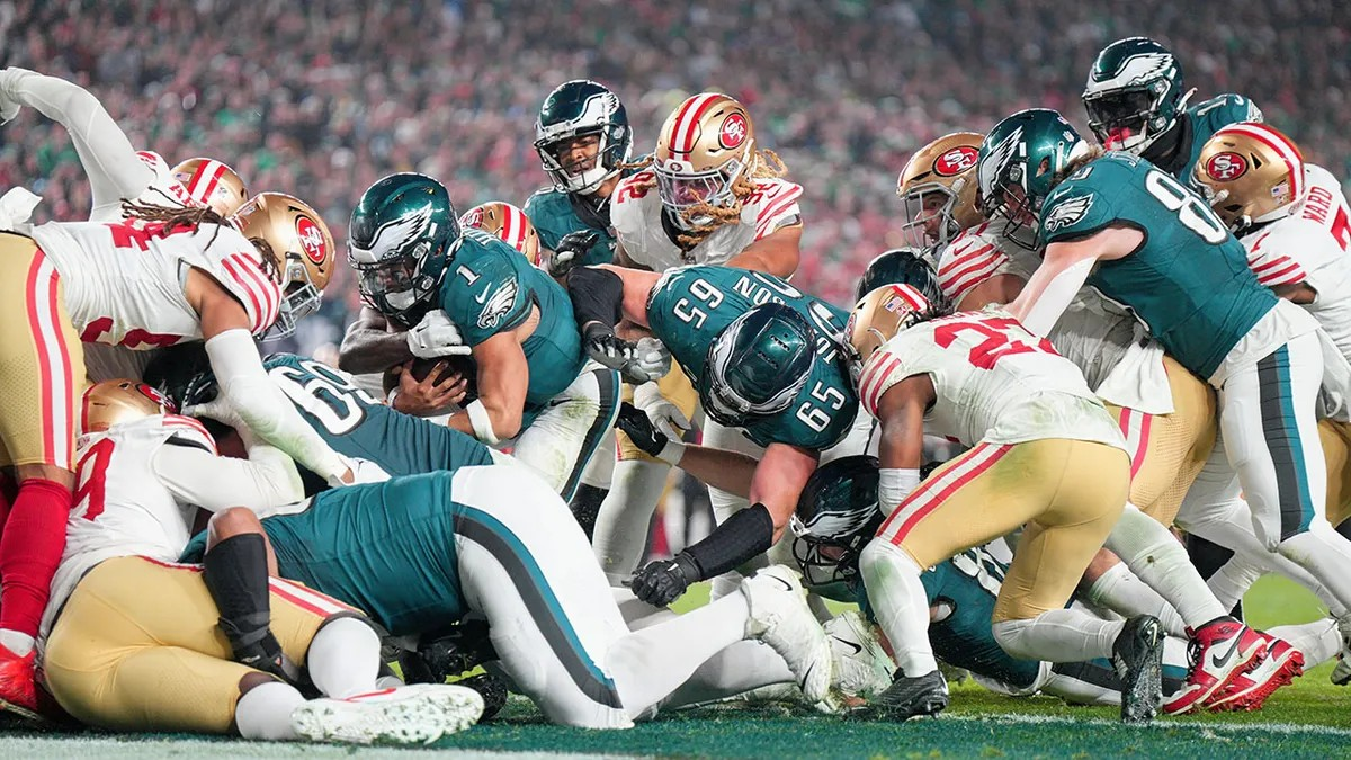The Controversy Over Competitive Fairness
The potential ban of the “tush push” quarterback sneak—a play mastered by the Philadelphia Eagles and Buffalo Bills—has sparked debate about fairness in NFL rulemaking. Critics argue that penalizing a tactic simply because two teams execute it exceptionally well sets a concerning precedent. Football has long rewarded strategic innovation, and banning a legal play that highlights personnel advantages (e.g., the Eagles’ elite offensive line and Jalen Hurts’ strength) risks punishing teams for effective roster-building and coaching.
Strategic Mastery vs. Rulebook Intervention
Historically, the NFL has adjusted rules to address unambiguous safety risks (e.g., helmet-to-helmet hits) or systemic imbalances, such as the 1894 ban on the “Flying Wedge” formation due to its unchecked brutality. The tush push, however, thrives not because of a rulebook loophole but through technical precision. Philadelphia’s 90% success rate with the play reflects mastery, not exploitation. If the league selectively bans dominant tactics, it could stifle the organic evolution of strategy that defines football.
Photo: Luke Hales/Getty Images
Safety Concerns or Tactical Sabotage?
Proponents of a ban cite injury risks from concentrated pile-ups, though empirical data remains inconclusive. If safety is the primary motive, the NFL should commission independent studies before legislating. Conversely, if the goal is neutralizing the Eagles’ tactical edge, the move resembles punitive equalization. Football thrives on adaptation: when the West Coast offense dominated the 1980s, defenses developed nickel packages to counter it. Teams struggling against the tush push could similarly innovate or invest in stronger linemen.
Innovation as Football’s Lifeblood
Outlawing the tush push without clear evidence of disproportionate harm undermines the sport’s meritocratic principles. The NFL must distinguish between safeguarding players and artificially leveling a field that should reward creativity. Innovation—not prohibition—has always driven football’s evolution. Banning a play simply because it’s executed too well sets a dangerous precedent: why build a superior team if the rules can be rewritten to nullify your advantage?

